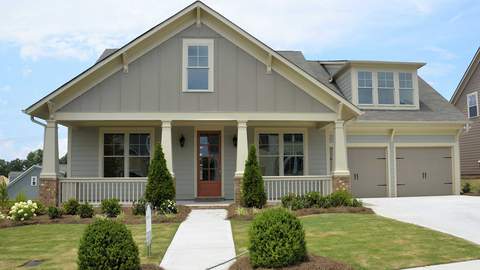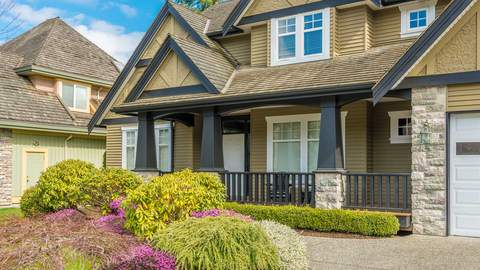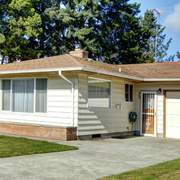If you are looking to buy multi-family homes in pre-foreclosure, consider these tax issues.
 Before buying multi-family homes in pre-foreclosure, you should consider the tax issues involved. Your tax liability relative to the property hinges, in large part, on your own status as the new owner. Without thorough knowledge of the tax issues that accompany buying multi-family homes in pre-foreclosure, you may take an unnecessary financial hit.
Before buying multi-family homes in pre-foreclosure, you should consider the tax issues involved. Your tax liability relative to the property hinges, in large part, on your own status as the new owner. Without thorough knowledge of the tax issues that accompany buying multi-family homes in pre-foreclosure, you may take an unnecessary financial hit.
Multi unit properties are popular at the tail end of a recession, particularly one that resulted from a housing crisis. A rash of foreclosures converts owners into tenants, necessitating an increase in available rental units. Meanwhile, those fearing job loss are looking for additional sources of income. Should you locate a property that meets your purchasing criteria, be aware of the tax consequences.
For one thing, a financially distressed multi-family building is likely to have vacant units requiring significant refurbishing. Any improvements made to the property will be subject to local or county reassessment and such revaluations rarely result in lower property taxes.
This disadvantage can be offset, however, by depreciation. The IRS allows owners of multi-family homes to deduct a portion of the property maintenance and improvement costs from taxable rental income. In so doing, the filer must be meticulous about itemizing those costs pertaining to the rental units as opposed to an owner-occupied unit. Obviously, if you live off-site, this is not an issue.
Also worth noting is that the federal mortgage interest deduction must be prorated only to the owner-occupied unit. Absentee landlords need not apply.
One of the biggest potential tax issues affecting multi-family homes purchased in pre-foreclosure is what’s known as a 1031 Exchange. This allowance by the IRS helps entrepreneurs trade up to a higher investment without immediately paying taxes for cash received or capital gains. This deferment of capital gains paid on the sale of a property can continue with the purchase of subsequent properties until you (or your estate) liquidate your investment for cash. This scenario only applies to business or investment properties, and you must designate a successor property or (properties) before deeds change hands. The new property must be acquired within 180 days of selling the old one. Most importantly, if the liabilities (mortgages, tax liens and judgments) on the original house exceed those of the new property, that difference is considered taxable income and will not be deferred.
 Through generous mortgage guidelines, the government encourages the ownership of multi unit dwellings. Owners approaching the destructive financial implications of foreclosure are likewise willing to shed their properties on favorable terms. As a result, investors are well positioned to purchase and to gain from the transactions.
Through generous mortgage guidelines, the government encourages the ownership of multi unit dwellings. Owners approaching the destructive financial implications of foreclosure are likewise willing to shed their properties on favorable terms. As a result, investors are well positioned to purchase and to gain from the transactions.
Having an experienced guide through the process is always a helpful step and RealtyNow can assist by connecting you to local real estate professionals who have the experience you need.
















Write a Comment